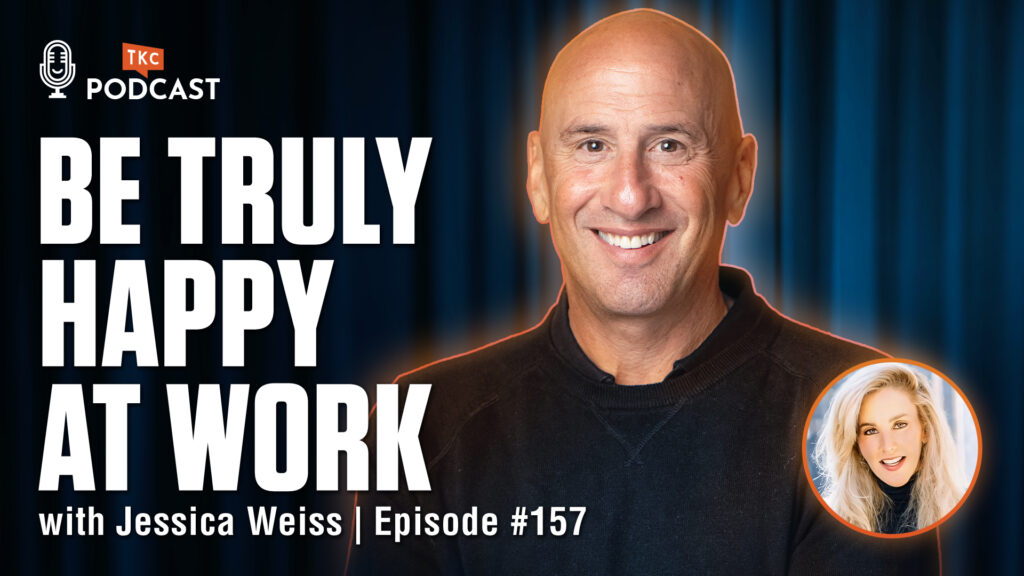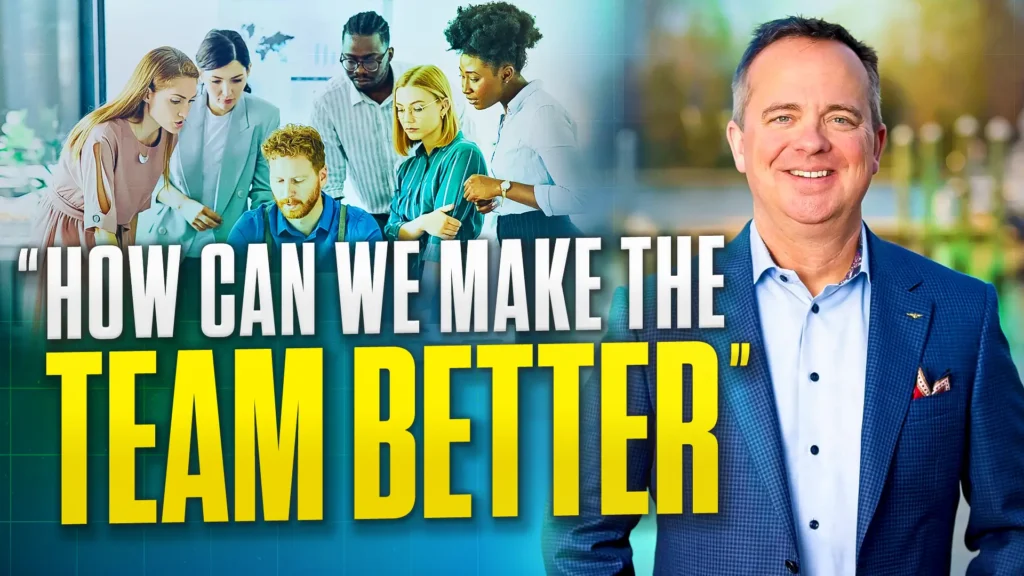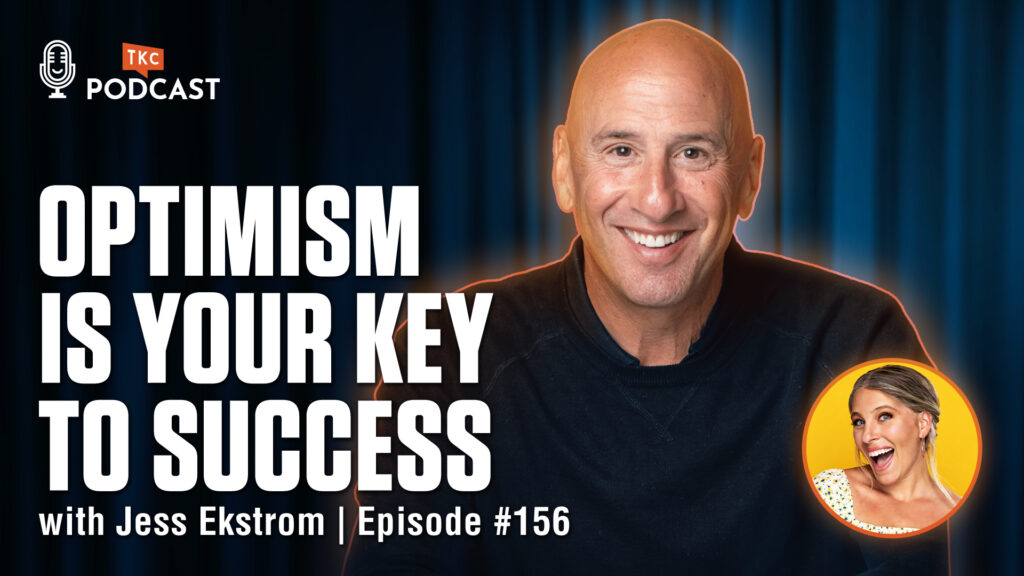Biography
Michael Phelps competed in his first Olympics at the age of 15, as part of the U.S. men’s swim team. He went on to win medals at the Olympic Summer Games in Athens, Beijing, London and Rio, accumulating a total of 25 medals—21 gold, two silver and two bronze—and setting the record for the most medal wins by any Olympic athlete. Phelps announced his retirement in 2012, however, in April 2014, he announced he was coming out of retirement and would return to professional competition at the age of 28. In June 2016, he clinched his spot on the 2016 U.S. Olympic swim team, making him the first American male swimmer to earn a spot on five Olympic teams.
On August 7, 2016, Phelps clinched his 19th Olympic gold medal in Rio when he swam an impressive second leg of the men’s 400 freestyle relay. On August 9, Phelps made history again when he won gold in both the 200-meter butterfly and as the anchor in the 4×200-meter freestyle relay along with Conor Dwyer, Townley Haas and Ryan Lochte. Phelp’s 200-meter butterfly win was an important comeback for the swimmer, who had lost the 2012 Olympic gold in this race to South African swimmer Chad Le Clos. Clos did not medal in the 2016 race. With these historic wins, Phelps has won a record-setting 25 Olympic gold medals and is the oldest individual gold medalist in Olympic swimming history.
Phelps utilized his performance bonus for winning eight gold medals in 2008 to establish the Michael Phelps Foundation, which promotes water safety, healthy living, and the pursuit of dreams. The Foundation’s signature program – IM – is a learn to swim, healthy living and goal-setting curriculum based on the principles and tools Phelps utilized in his swimming career, which is available through the Boys and Girls Clubs of America and Special Olympics International. His advocacy for water safety and mental health have earned the recognition of the Boys & Girls Clubs of America (Champion of Youth), American Image Awards (Humanitarian Award), Substance Abuse and Mental Health Services Administration (Special Recognition Award), The Ruderman Family Foundation (Morton E. Ruderman Award in Inclusion) and PR Week (Health Influencer 50) among others. Phelps has published two autobiographies – No Limits: The Will to Succeed and Beneath the Surface – that were New York Times and USA Today bestsellers, as well as published one children’s book – How to Train with a T-Rex and Win Eight Gold Medals.
Videos
Michael Phelps on sacrifices, Usain Bolt and a possible Olympic return in 2020
Michael Phelps Opens Up About Struggles With Anxiety: ‘I Didn’t Want To Be Alive Anymore’ | TODAY
Michael Phelps On Rehab, Recovery And His Hopes For An Olympic Comeback | TODAY
Speech TopicsExpand each topic to learn more
This speaker tailors this topic for each event. Please let us know if you'd like us to source a topic description.
Blog Posts

Keynote Speakers Who Tell Great Stories Get Booked More in 2026
Keynote speakers need more than craft to get booked. Learn the mindset shift that builds sustainable speaking careers.
Read More
Happiness at Work Is the Performance Strategy You Need, with Jessica Weiss
Happiness at work is a performance strategy, not a perk. Learn how Jessica Weiss helps teams build real, sustainable happiness.
Read More
Emotional Intelligence Skills That Hold Up Under Pressure
Emotional intelligence is more than a buzzword. Here's what real EQ looks like under pressure, and the keynote speaking voices building it on stages in 2026.
Read More
Confidence Without Vulnerability Creates Teams That Never Improve
Learn how confidence and vulnerability coexist in high-performing teams from decorated Navy fighter pilot Jack Becker's proven debrief strategies.
Read More
Optimism as a Strategy to Turn Setbacks into Triumphs, with Jess Ekstrom
Keynote speaker Jess Ekstrom reframes optimism as a strategy for resilience, success, and making it without burning out.
Read More
Best Artificial Intelligence Speakers for Cybersecurity Conferences (2026 Guide)
Quick Links Artificial Intelligence Speakers Healthcare Keynote Speakers Top Technology Speakers Innovation Speakers Leadership Speakers Future of Work Speakers Get Proposal (availability & fees) If you’re searching for the Best Artificial Intelligence Speakers for Cybersecurity...
Read MoreRelated Adventurers Speakers
Get in TouchContact US
Fill out the form so we can best understand your needs.
A representative from The Keynote Curators will reach out to you.



